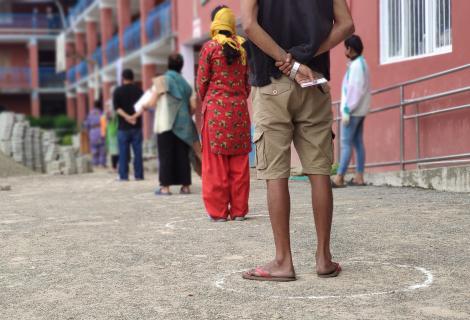
Civic space conditions around the world remain highly challenging. Even before the full force of the pandemic hit us, the CIVICUS Monitor reported that only 3% of the world’s population lives in countries where the core civic freedoms of association, peaceful assembly and expression are adequately protected.
Suspending civil liberties, including freedoms of movement, assembly and association, in the context of Covid-19 may be legitimate to slow the spread of the virus, but states have an obligation to ensure that emergency measures are proportionate, necessary, time-bound, and non-discriminatory.
Instead, Covid-19 is providing cover for authoritarian regimes to further close civic space as they expand emergency powers, institute regimes of surveillance and attack activists and movements while refusing to provide relief to those who are facing immediate and long-term social and economic impacts of the pandemic. In some countries, lockdowns have limited access to justice as criminal justice systems are closed or their operations shrunk, leaving activists and movements without recourse.
Reduced civic space prevents excluded groups from shaping economic, political, and social policies and outcomes that can drive protection of human rights, gender equality, redistributive development, and progressive transformation during and after the pandemic.
ActionAid has tracked what is happening in nine countries, Brazil, Bolivia, Ghana, Guatemala, Nigeria, Tanzania, Uganda, Tanzania and Zimbabwe, to document and share good and bad practices.
This report, Unseen, unheard: Impact of the Covid-19 Measures on Civil and Political Rights in Nine Countries, presents a variety of perspectives from diverse contexts, showing how Covid-19 measures are undermining civic space and what needs to change.